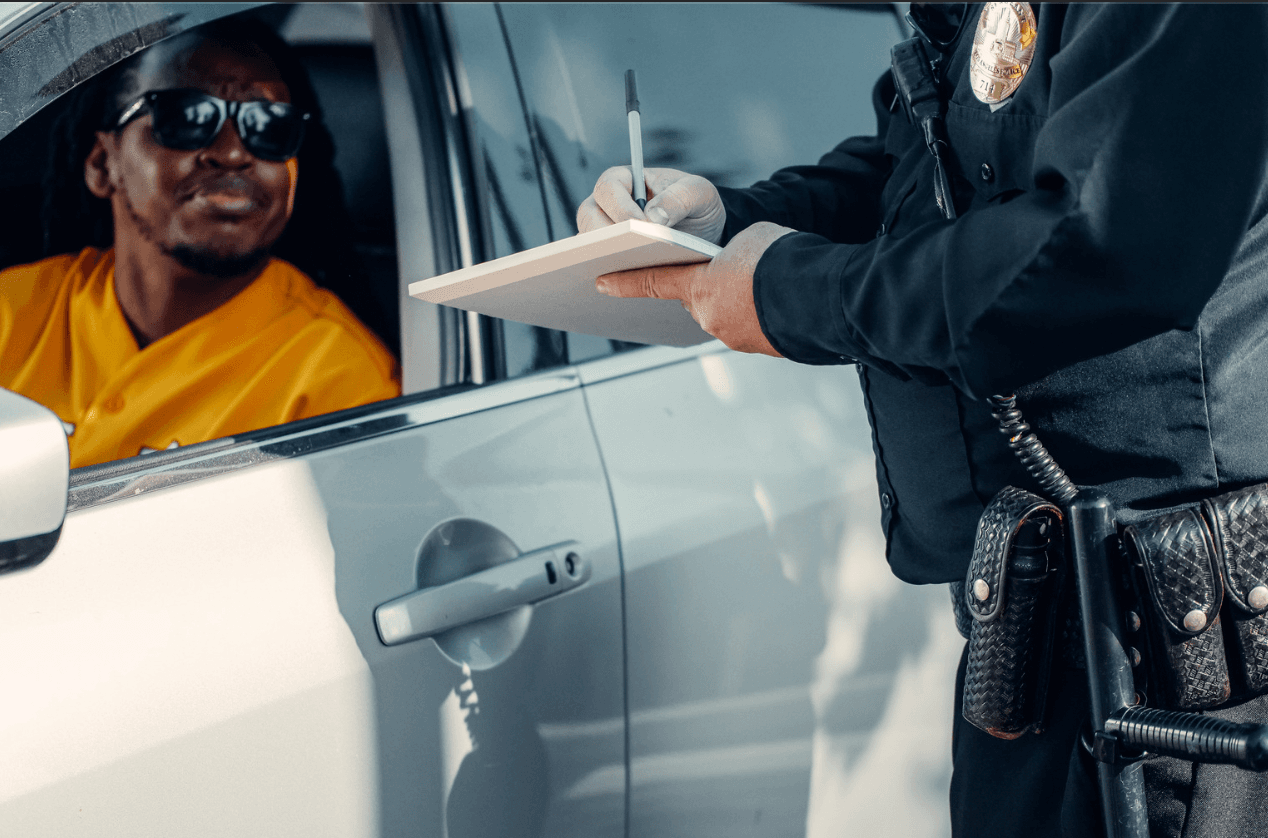Police personnel encompass a wide range of roles and responsibilities, each playing a crucial part in maintaining law and order in society. There are nine different types of police officers, each specializing in a specific area of law enforcement.

1. The Policeman in Uniform: One of the most recognizable figures in law enforcement is the uniformed police officer. Municipal police departments employ uniformed officers who respond to calls for assistance, document incidents, direct traffic, and investigate crimes such as theft or vandalism. These officers can be seen patrolling neighborhoods on foot, in vehicles, on motorcycles, or even on horseback. They play a vital role in building positive relationships between the police and the community, issuing speeding tickets to ensure public safety.
2. The Police Chief: At the top of the hierarchy within a police department is the police chief. This individual is responsible for overseeing all department employees, including uniformed officers. In smaller towns, police chiefs may also respond to accidents and issue traffic tickets, while those in larger agencies focus more on administrative tasks. Police chiefs set budgets, establish rules and regulations, and develop training programs for their officers, often reporting to the mayor or municipal manager.
3. The State Cop: State police officers, also known as state troopers or highway patrol officers, enforce state laws across various jurisdictions. They are typically employed by state police departments or law enforcement agencies and are responsible for patrolling highways, responding to accidents, and issuing traffic citations. State police officers also provide emergency assistance in times of crisis and may assist local police in rural areas.
4. The PR Officer: Police public information officers serve as the face of the department, interacting with the media and the public to provide information about law enforcement activities. They draft press releases, manage social media accounts, and respond to media inquiries, aiming to increase transparency and accountability within the department. PR officers may also coordinate educational programs in schools to teach students about the role of the police in society.
5. The Detective: Detectives are sworn officers who specialize in investigating criminal offenses within the community. They collect evidence, interview witnesses and suspects, and present their findings to prosecutors. Detectives may conduct raids, make arrests, and continue their investigations until a suspect is apprehended or a case goes cold. Many detectives specialize in specific areas such as fraud or homicide, often starting their careers as uniformed police officers before advancing through promotions or additional training.
6. The Transit Cop: Transit officers are responsible for ensuring the safety and security of public transportation systems such as train stations, bus terminals, and subways. They patrol these areas to prevent theft, vandalism, and other crimes, as well as investigate and report any incidents that occur. Transit officers may issue citations or remove individuals involved in ticket fraud, working for transit agencies or specialized police units.
7. The Crime Scene Investigator: Crime scene investigators, also known as forensic technicians, collect, analyze, and document physical evidence at crime scenes to support criminal investigations. They collaborate with detectives to gather evidence that can lead to an arrest or conviction, often presenting their findings in court to explain complex forensic analyses in layman's terms. Crime scene investigators are employed by various law enforcement agencies at the local, state, and federal levels.
8. The School Resource Officer: School resource officers are police officers who work within public schools to ensure the safety of students, teachers, and staff members. They investigate crimes that occur on school grounds, work with school administrators to implement crime prevention measures, and serve as role models for students by building positive relationships with them. School resource officers also participate in student support programs and committees to promote a safe and secure learning environment.
9. The Victim Advocate: Victim advocates are police officers who specialize in providing support and assistance to individuals who have been victimized by crime. They help victims navigate the criminal justice system, access essential services such as legal, medical, and financial aid, and provide emotional support during the recovery process. Victim advocates may assist clients with submitting paperwork, preparing for court appearances, and keeping them informed about the progress of their cases. These dedicated professionals work for law enforcement agencies, government organizations, non-profit groups, or social services agencies to ensure that victims receive the comprehensive support they need.
In conclusion, the diverse roles and responsibilities of police officers are vital in maintaining law and order in society. Each type of police officer plays a unique role in ensuring the safety and security of individuals and communities, contributing to the overall well-being of society as a whole.